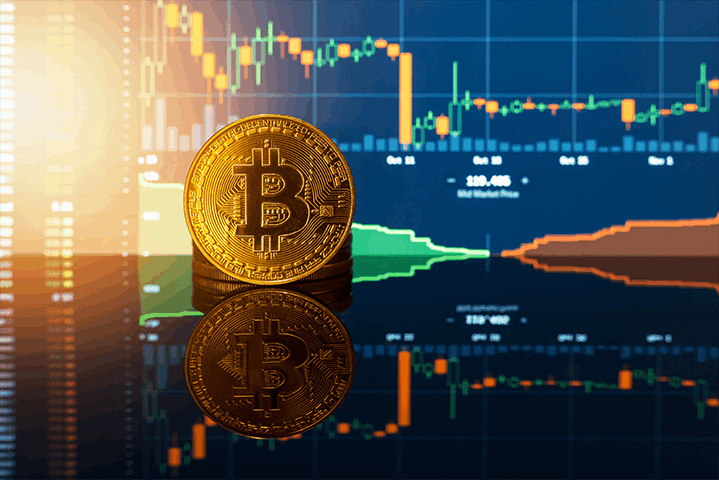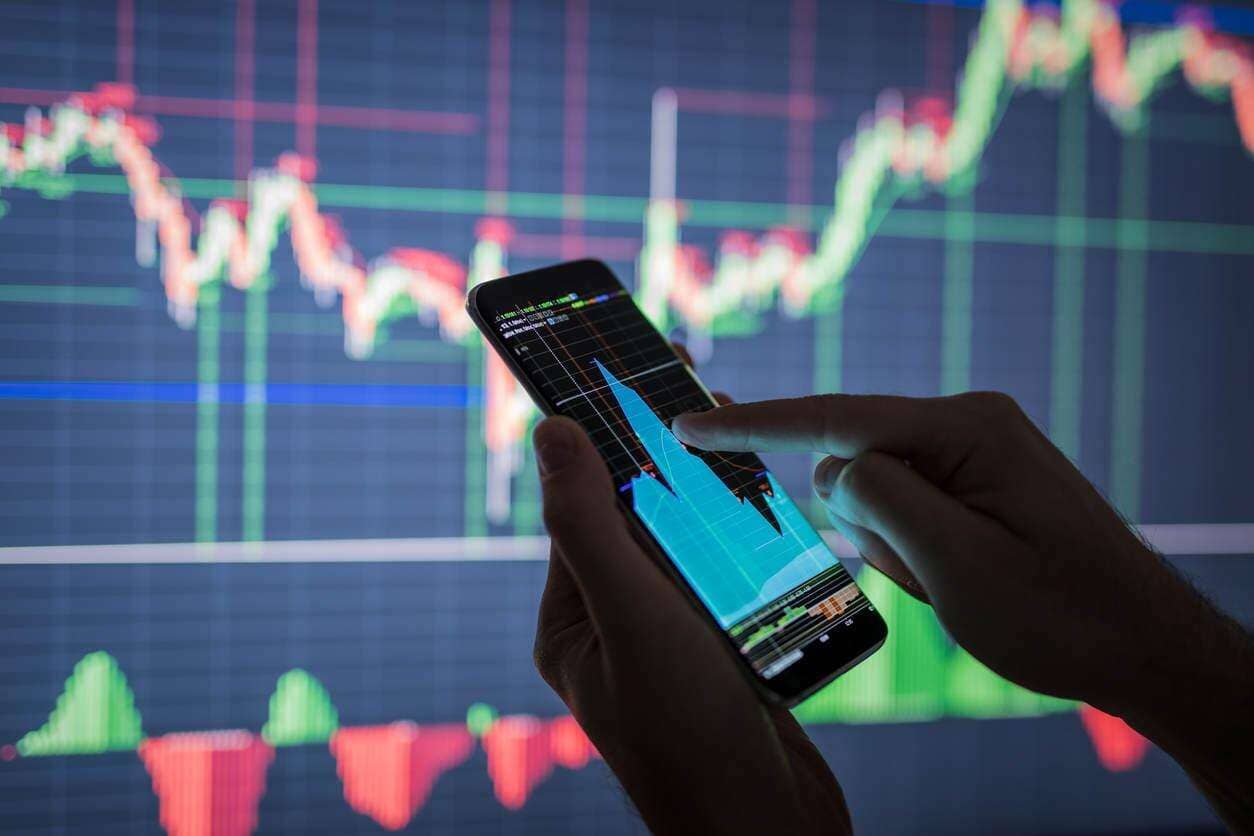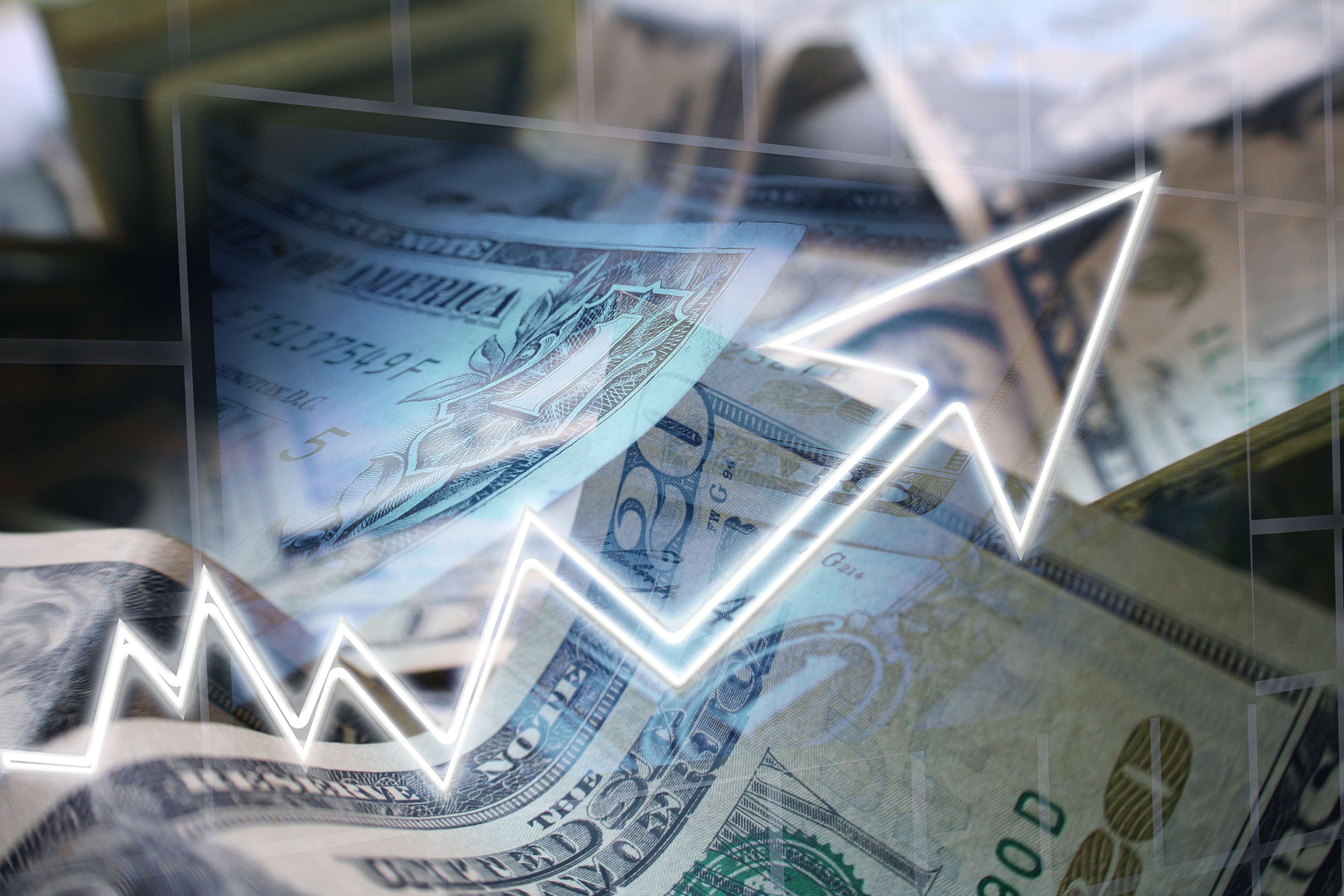Content
How to Invest in Stocks Are you ready to jump into the stock market? Market makers compete for customer order flow by displaying buy and sell quotations for a guaranteed number of shares. The wider the spread, the more potential earnings an MM can make, but competition among MMs and other market actors can keep spreads tight. Market makers’ rights and responsibilities vary by exchange, and by the type of financial instrument they trade, such as equities or options. Here’s how you can use Scanz to find the top movers every single day.
There are a variety of brokers that offer premium and discount services. Most brokers allow both long positions and short positions. But if you want to short, it’s wise to pick a broker with expertise in managing borrows.

Different players play different roles in these markets. Still, the market maker is the only player expected to respond to market orders at all times and under all circumstances. Market makers are essential to make sure the financial markets run smoothly and fill market orders of all sizes.
How Market Makers Earn Profits
The speed and simplicity with which stocks are bought and sold can be taken for granted, especially in the era of app investing. It takes just a few taps to place an order with your brokerage firm, and depending on the type of order, it can be executed within seconds. Market makers encourage market liquidity by standing ready to buy and sell securities at any time of day.
Investors may take the ability to buy and sell securities whenever they want for granted. Remember that every time you buy or sell an investment, there’s another party on the other end of that trade. Speaking of scalability, while human traders can only track activities in a few instruments, automated systems can do the work in thousands of them simultaneously. Also, an automated trading system provides liquidity in significantly more financial instruments. This is the reason that market makers have been an integral part of market infrastructure.
- So they can work in-house at a major investment firm or independently.
- A solvency cone is a model that considers the impact of transaction costs while trading financial assets.
- That may sound like too small a profit to be worth all of that trouble, but remember that a market maker might carry out this kind of transaction a few thousand times a day.
- A market maker plays an important role in the financial markets.
- They can also hit the bid or sell to them for their bid price, which is $5.
- They adjust the price based on the current supply and demand for the asset.
Their prices are the ones displayed on the Stock Exchange Automated Quotation system and it is they who generally deal with brokers buying or selling stock on behalf of clients. Throughout the day, market makers will be both buying and selling the same underlying security countless times. If successful, a market https://xcritical.com/ maker’s operations will turn a profit by selling shares at a marginally higher average price than they were purchased at. A number of market makers operate and compete with each other within securities exchanges to attract the business of investors through setting the most competitive bid and ask offers.
Crypto exchange free setup
As a result, they can meet the needs of a high volume of orders in a short period of time at competitive prices. Briefly, they function as a counterparty to any trades happening at any given time, thus taking the opposite side of the trade. Investors should continue to sell as long as investors buy, and vice versa.
Don’t guess and hope for profit, learn the options from ex-option market maker for free! How often do you see such opportunity on fintwit? Also, @OphirGottlieb is an amazing speaker! https://t.co/Vc4VRE0jds
— MarathaInvesting (@MarathaTrades) June 30, 2021
They provide organic market growth strategies including crypto market making, algorithmic trading, liquidity, token growth, exchange listing, and more. Get in touch with an expert crypto market making company today. For example, if there is a $0.08 spread on a crypto asset, a market maker would offer to buy $100 worth of that crypto for $99.96.
How Do Market Makers Earn a Profit?
Market making firms are a crucial piece of the trading puzzle. They often get a bad rap but without them we’d be sitting around and waiting…and waiting…and waiting for our orders to get filled. Basically, he makes $0.99 x 500 shares, for a total profit of $495. When someone does, he’ll make 99 cents on the stock he just sold you at $26, since he’s buying back at $25.01. Well, let’s get one thing straight right now… if you want to be as successful as possible at this stock trading gig, you’ve got to know the ins and outs of how this whole system works.
In some cases, exchanges like the NYSE use a specialist system where a specialist is the sole market maker who makes all the bids and asks that are visible to the market. A specialist process is conducted to ensure that all marketable trades are executed at a fair price in a timely manner. The higher the liquidity of a digital asset, the more difficult it becomes to manipulate the price of that token. As such, the more liquid a digital asset is, the more impossible it gets for market makers to manipulate the prices. We already know that market makers keep the market liquid by buying and selling securities according to publicly-quoted prices.
How to Find Momentum Stocks
Market makers are special participants of the financial market who keep the market active by constantly being prepared to conclude trades with other market participants. Since 2018, the Tokyo Stock Exchange has had an ETF Market Making Incentive Scheme in place, which provides incentives to designated market makers who maintain quoting obligations what is market maker in crypto in qualified ETFs. This list of market makers includes Nomura Securities, Flow Traders, and Optiver. We learnt all about market making strategy, market makers, as well as how and how much market makers earn. Market makers earnHence, it is really imperative for strong markets to have strong market makers that survive without incurring huge losses.
Market makers are individuals or firms that act equally on both the buy-side and the sell-side of a financial market to facilitate smoother trade. The income of a market maker is the difference between the bid price, the price at which the firm is willing to buy a stock, and the ask price, the price at which the firm is willing to sell it. It is known as the market-maker spread, or bid–ask spread. Supposing that equal amounts of buy and sell orders arrive and the price never changes, this is the amount that the market maker will gain on each round trip. A market maker is a firm or individual that stands ready to buy or sell a security.

They profit from the bid-ask spread, and they benefit the market by adding liquidity. Let’s imagine how trading might go for a market maker in Apple stock on the day of one of its product events. In the morning, there’s a lot of buzz around what new things Apple might unveil. Market makers can either be individuals or broker-dealers who meet a certain set of requirements around education, training, capital adequacy, and so on. Here’s how you can scan for the best undervalued stocks every day with Scanz.
Market Makers: Who They Are, How They Make Money, & More
Market makers act like wholesalers in the financial markets by buying and selling securities. Also, ahead we will understand how an automated market maker is more efficient than a human counterpart. The spread compensates the market makers for the risk inherited in such trades which can be the price movement against the market makers’ trading position. The market maker is compensated for the risk by being allowed to offer two-way quotes in the market, consisting of the buy and sell prices quoted together, the difference being the profit. The purpose of market makers in a financial market is to keep up the functionality of the market by infusing liquidity.
5/The market maker and the exchange profit from volume and volatility whereas the trader profits from the direction of the market. How do Sushiswap and market makers on its platform make money?
— Vader (@VaderResearch) July 22, 2021
However, looking at a few different examples may indicate which ones work for you. INVESTMENT BANKING RESOURCESLearn the foundation of Investment banking, financial modeling, valuations and more. An understanding of what a market maker does can be gained by considering their functions within the market. With the right knowledge and the application of the same, one can be successful at market making. Let us now see the different aspects for becoming a market maker. They provide various services like consulting, research, investment advice and so on.
Definition and Example of a Market Maker
Equity markets are volatile, and timing is very important. Shares trade in exchanges, but you just can’t go and buy a share from the exchange. Whether traders show their interest in buying shares or selling them, they tend to support both. Trade VolumeThe volume of trade is the overall measure of the number of securities, shares or contracts traded during a particular trading day. These entities take the responsibility to keep the market active and balanced.

A principal trade is when a brokerage firm fills a customer’s trade with its own inventory. An agency trade is when a brokerage firm finds a counterparty to the customer’s trade. Then they close that trade by purchasing the institutional sell order. They can place the short order through principal trades or agency trades. They also risk losing money when they don’t have the latest information on a stock. Every trader has to receive and respond to information quickly to gain a trading edge.
For becoming a market maker, one needs to have a thorough knowledge and understanding of the financial markets and the experience with trading. Coming back to the topic of discussion, market makers also help reduce price volatility which leads to fair pricing of the assets. Without market makers, far fewer trades would happen, and companies would have more limited access to capital. There are a wide range of market makers from big banks and institutions down to specialized shops and individuals.
They cooperate with stock exchanges, conclude agreements and undertake obligations to maintain asset turnover and balance between supply and demand. Besides commercial banks, such providers include organisations that create market movements using interest rates and currency interventions. They can be large banks, dealing centres, brokerage companies, large funds, and individuals with significant capital.